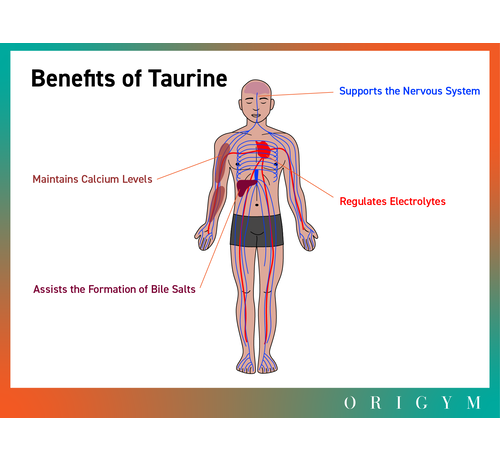Taurine blood test
20-12-2024 Taurine must be submitted frozen.
Taurine Taurin (serum)
Taurine is an amino acid-like substance that occurs naturally in the body and is found in certain foods.
Taurine, also sometimes called "taurin," is often classified by science among the amino acids, but due to the lack of a carboxyl group, it is not actually a true amino acid. Taurine is a naturally occurring metabolic product similar in structure to choline and GABA. Taurine is found mainly in protein-rich foods of animal origin such as meat and fish, but also in eggs and shellfish. Plant proteins do not contain taurine, but methionine and cysteine do. These amino acids are the precursors of taurine, meaning they can be converted into taurine by our body.
Taurine values: The most important result of the blood test is the concentration of taurine in your blood. This can indicate whether your taurine levels are within the normal range.
Taurine deficiency: Low blood taurine levels may indicate taurine deficiency. Taurine deficiency can lead to symptoms such as muscle weakness, fatigue, and problems with heart function.
Monitoring conditions: In some cases, a blood test for taurine can be used to monitor certain conditions, such as liver or kidney disease, because taurine is involved in the metabolism of these organs.
Nutritional status: Your blood taurine levels can also reflect how much taurine you get through your diet. If your taurine levels are low, this may indicate an inadequate intake of taurine from food sources.
A blood test for taurine is not standard and is performed only if there is a specific medical reason to check taurine levels. If you have any questions about a taurine blood test, you should discuss them with a physician, as they are in the best position to interpret the results and recommend any follow-up steps based on your individual health situation.
Taurine can contribute to bone health in several ways:
Calcium absorption: Taurine may promote calcium absorption, which is essential for bone health. Calcium is an important mineral that helps build and maintain strong bones.
Anti-inflammatory properties: Taurine has anti-inflammatory properties, and chronic inflammation can negatively affect bone health. By reducing inflammation, taurine can potentially help maintain healthy bones.
Antioxidant function: Taurine acts as an antioxidant and may protect cells from oxidative stress. Oxidative stress can harm bone tissue and promote osteoporosis.
Taurine may also play a role in bone health but osteoporosis usually results from a complex interplay of genetic, lifestyle and nutritional factors. Taurine deficiency per se is probably not the only cause of osteoporosis. It is important to follow a balanced diet, exercise regularly and address other osteoporosis risk factors to maintain bone health.
"For many years, I have been following a self-selected, extremely restricted diet, in which I avoid methionine- and taurine-containing foods as much as possible (by eating strictly vegan, and also not using soy products, etc. etc.). Now, unfortunately, I have been diagnosed with severe osteoporosis by means of a Dexascan. It seems to me very possible that I have a taurine deficiency (also the synthesis of taurine from a.o. methionine could be considerably reduced in me, and I know that taurine plays an important role in calcium metabolism, and I am therefore aware that this could possibly play a role in the origin of my severe osteoporosis. I know that taurine plays an important role in calcium metabolism, so I realize that this could possibly play a role in the development of my severe osteoporosis. I would like to do something about this, in consultation with my internist.But if I can find out on my own initiative whether or not I have a taurine deficiency, I could, in consultation with my internist, take this further with regard to the treatment of my osteoporosis.









